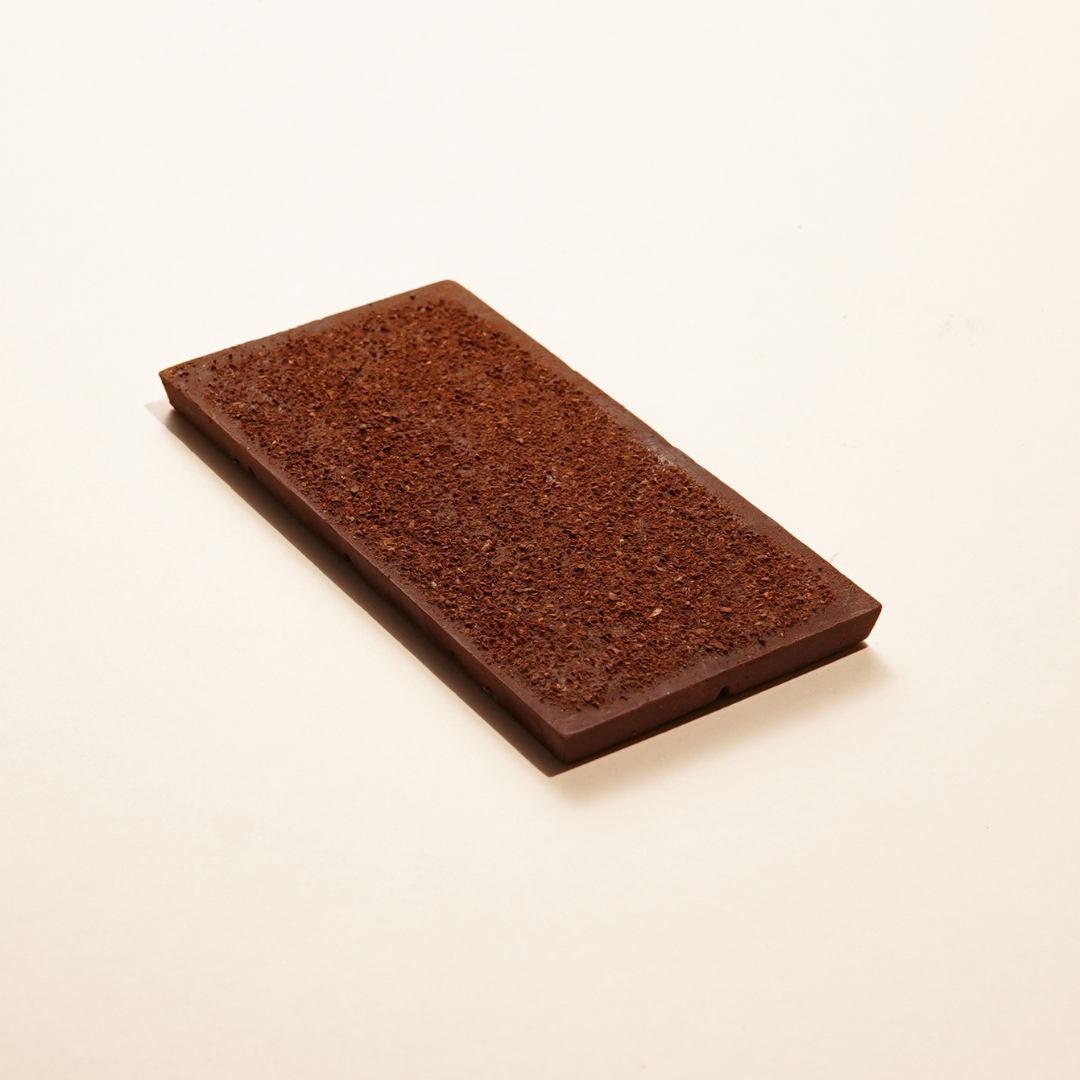In a previous article, we talked about the gut-brain axis and why health experts have referred to our gut as our second brain. So no wonder why having good gut health is so important for our overall well-being. When we eat food, it’s digested, metabolized, and then absorbed in our gut. From there, nutrients are delivered to the cells to provide the body with energy. Therefore, it truly all starts with what we eat but also, with how our body fulfills these processes according to each food.
In case you didn’t know, here are some fun facts about your gut: there are more nerve endings in this area than in your entire central nervous system, and over 70% of the immune system you have, exists within the gut. This is why eating clean and healthy is so important to have good health. Good gut health has quite a positive impact on your body in so many ways: It’s tied to a stronger immune system, increased levels of energy, better digestion, lower inflammation, and a stronger heart and brain.
Thus today we will talk all about gut health, and clean eating for gut health.
Signs of bad digestive health
How do you know you are having bad digestive health? Let’s remember bio-individuality first: you're all unique in your biological makeup and requirements, and therefore, first, need to understand your gut to then see the signs.
The gut is made up of trillions of microorganisms (microbes), including bacteria, fungi, and viruses. These microorganisms are known as your microbiome and they can affect several functions in the body such as your mood, sleep patterns, and ability to fight infections (to name a few). Also, in case you didn’t know, there’s a link between gut health and the brain, they’re intertwined in a complex, yet somehow noticeable way.
The symptoms of an unhealthy gut can affect the whole body. Let’s see the most common ones:
- Stomach discomfort. Frequent discomfort, gas, bloating, constipation, diarrhea, and heartburn could be signs that your gut is having a hard time processing food and eliminating waste. It’s also a sign that there’s an imbalance in the gut bacteria.
- Fatigue. People with chronic fatigue syndrome may have imbalances in the gut microbiome.
- Food allergies or intolerances. These may be caused by poor-quality bacteria in the gut. This can lead to bloating, gas, diarrhea, nausea, and abdominal pain.
- Sleeping problems. An unhealthy gut can cause insomnia or poor sleep. The majority of your body’s serotonin is produced in the gut, so when there are bad bacteria or inflammation in the gut, your sleep can be affected as well.
- Food cravings. We already know that eating sugar is really bad. Well eating too much sugar can cause too much bad bacteria in the gut, which is linked to inflammation in the body and risks of other diseases.
- Autoimmune responses. Some bad gut bacteria can trigger autoimmune conditions like thyroid issues, rheumatoid arthritis, multiple sclerosis, and type 1 diabetes.
- Unintentional weight fluctuation. When your gut is not balanced, your body struggles to absorb nutrients, store fat, and regulate blood sugar. Weight loss or gain may be caused by bacteria overgrowth or lack of nutrients.

What leads to an unhealthy gut?
It’s not always easy to find out what’s affecting your gut health, especially if you’ve been dealing with an unhealthy gut for a long time. Some factors contributing to poor gut health are more obvious than others. Here are the main issues that lead to an unhealthy gut.
1- Poor diet
This one is probably the most obvious. Eating processed food, sugar, and inflammatory foods is the #1 cause of many health issues.
Without a variety of many different whole foods and plants, you lack the nutrients and fiber you need to properly nourish your body and feed your beneficial gut bacteria. Clean eating is an important eating practice in order to maintain gut health and overall well-being.
Eliminate from your diet fried food, food that contains antibiotics, and all kinds of processed and junk food, since the only thing they do is deprive your body of the vital nutrients that it needs to function well.
2- Medications that imbalance your gut
Certain medications can totally wreck your gut microbiome. The most common are antibiotics. These types of medications are prescribed to kill unfriendly or pathogenic bacteria in your body so that you can recover from illness. However, they kill both good and bad bacteria.
3- Not getting enough sleep
We’ve all pulled an all-nighter at least once in our lives or had some nights where we didn’t get enough sleep. However, having a bad night's sleep constantly is extremely damaging to your overall health and, of course, to your gut health as well. When you get poor sleep, you can have gut permeability issues and leaky gut syndrome, poor digestion, and can also have a hormonal imbalance.
How to improve your gut health
In order to improve your gut health you’ll need to do some lifestyle changes, and adjust as you go. It is important to maintain a healthy diet and a healthy lifestyle since it can help prevent a leaky gut and increase the presence of good bacteria in your gut microbiome. Some of these adjustments or lifestyle changes are easier than others. For example, looking out for your gut can be as simple as chewing your food slowly, this will ease the digestive process and will give your body less work to do. So try the mindful eating method whenever you’re going to have a meal or snack, you’ll notice the difference.

Aside from eating slowly, try to incorporate a high-quality prebiotic and probiotic into your daily supplements. These will help improve your gut health since prebiotics promotes the growth of beneficial bacteria in the gut and probiotics are live good bacteria.
Of course, while going on this healthy gut journey, you need to change your diet. Reduce or completely eliminate processed food, sugar, alcohol, and other toxins from your diet. Eating a diet high in fiber likely contributes to a healthy gut microbiome as well. Of course, don’t forget to drink enough water and stay hydrated.
Another enemy of gut health (and health in general) is stress. Chronic high levels of stress are hard on the body, so try to lower your stress levels. You can start with a meditation practice, walking, getting a massage, taking 1 or 2 days off/week, spending quality time with your loved ones, laughing, going to therapy, practicing sports, moving your body, etc. Also, as we’ve mentioned, don’t forget to make an effort to get more sleep and rest properly.
You may also like:
- Gut Microbiota: What is it and why it's important
- How to heal your gut and eat smarter to improve brain health





Leave a comment
All comments are moderated before being published.
This site is protected by hCaptcha and the hCaptcha Privacy Policy and Terms of Service apply.